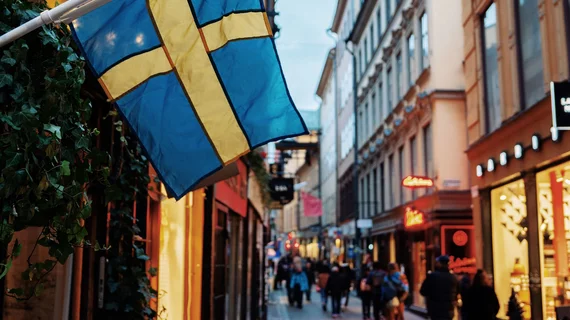Once a widespread COVID outbreak is underway, encouraging personal responsibility works about as well at mitigation as mandating widespread lockdowns.
However, relying on populations to police themselves increases death tolls while placing more demand on healthcare systems and depending on the public’s willingness to sustain goodwill over the long haul.
So found researchers at the University of Virginia and Uppsala University in Sweden when they looked at the outcomes of that country’s voluntary public-health efforts in the fight against COVID-19.
Publishing their findings in Clinical Infectious Diseases, the authors found:
- Swedish mortality rates have landed between European countries that quickly imposed stringent public-health controls and countries that acted later.
- Models most closely reproducing reported mortality data suggest large portions of the population voluntarily self-isolate.
- Swedish ICU utilization rates remained lower than predicted, but a large fraction of deaths occurred in non-ICU patients.
The latter finding “suggests that patient prognosis was considered in ICU admission, reducing healthcare load at a cost of decreased survival in patients not admitted,” the authors comment.
In their discussion, they conclude that Sweden “is likely not exceptional in its demography or other parameters controlling the epidemic spread of COVID-19; instead, the course of the pandemic in Sweden likely results from the overlay of public-health mandates and individual control measures. Our analyses … suggest that voluntary control strategies are highly dependent on continued individual adherence, which may prove difficult over time.”
In coverage by UVA’s news team, study co-author Peter Kasson, MD, PhD, says the key takeaway is that individual actions matter.
“If enough individuals stay home and take precautions when in the community, it can really change the infection curve,” Kasson says. “And we can’t let up now.”
The study is posted in full for free (select PDF).

